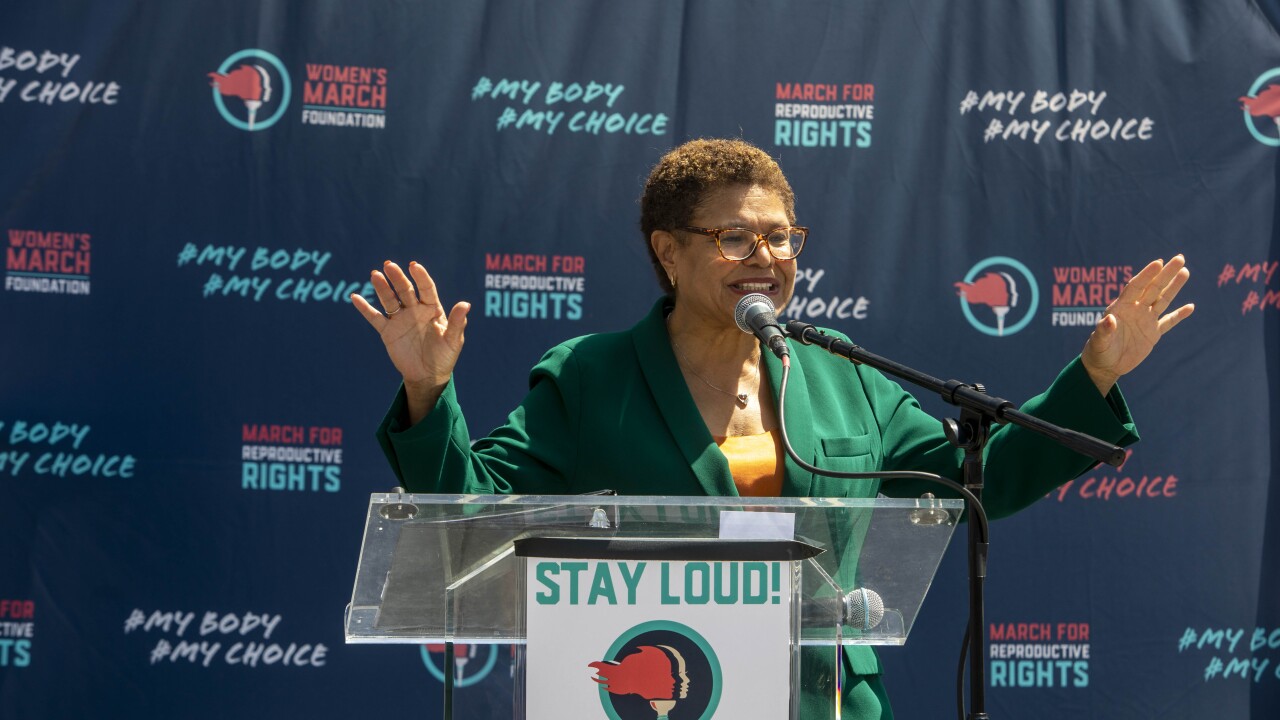CHICAGO - Public safety pension funds in suburban Cook County, Ill. are straining under a collective $3.3 billion of unfunded liabilities as hefty contribution hikes loom to stabilize the systems, according to a recent report.
Of 217 police and fire funds in the suburban part of Cook County, about 58 are funded at under the 50% level and 204 fall below the 80% level that is widely considered a healthy funding target,
Its report examined 121 police funds, 80 fire funds, and 16 separate fire protection district funds. The 217 are among 660 police and fire funds in the state excluding Chicago.
The fire funds for the suburbs of Blue Island, Cicero and Melrose Park are just 32% funded while the police funds for Blue Island, Burnham, Summit, and Willow Springs are less than 30% funded. Stone Park's police fund was just 7% funded until receiving an infusion of funding from a $2 million bond issue earlier this year that raised it to 23%, according to the BGA report.
The numbers have been overshadowed by Chicago's nearly $10 billion of unfunded police and fire pension obligations, but Moody's Investors Service has hit more than a dozen Illinois municipal credits with single- and multiple-notch downgrades over the last year primarily due to unfunded pension liabilities.
While Chicago's ratings have tumbled, rating agencies note the city benefits from financial flexibility due to its home-rule status and massive tax base that many smaller governments don't enjoy.
The suburban pension mess stems from the same issues that have hurt Chicago and Illinois.
Governments sweetened benefits in lieu of raises, shorted statutory payments during times of fiscal stress, and used overly optimistic investment return projections. Pension contributions are set in statute and often fall short of the actuarially required contribution level.
Many local governments are warning of the dire hardship they face to meet a state legislative mandate beginning in 2016 to shift to ARC payments that will put public safety funds on the path to a 90% funded level by 2040. Local governments that fail to make good on the new payment requirements could see their share of various taxes and other revenues collected by the state intercepted.
A coalition of more than two dozen suburban and downstate mayors have warned they may be unable to fund essential services. Local governments are looking at merging operations, privatization, and service cuts, in addition to raising revenue, to cope with the impending hikes.
Richard Ciccarone, president of Merritt Research Services said in a recent interview that many local governments with funded ratios below 60% "face an upward battle to prevent escalating pension costs from eroding their budget flexibility" with the impact particularly harsh for non-home rule communities with flat and declining assessed valuations.
The General Assembly's Commission on Government Forecasting and Accountability's last report on 642 downstate police and fire funds found unfunded liabilities soared to $7.6 billion in fiscal 2010 from $953 million in fiscal 1991. Police funds collectively were funded at a 54% level and fire funds at a 55% level, down from levels in the mid 70% range.
Chicago hopes to negotiate a pension overhaul with its police and fire funds and is expected to ask state lawmakers to delay full implementation of the ARC requirement.
Local governments want the legislation to include them in any fix.
"It's a statewide problem in need of a statewide solution," Laurence Msall, president of the Civic Federation of Chicago said recently. Any reforms also will face a legal challenge with the state pension fund overhaul passed in December now the subject of a constitutional challenge.





